Black Lives Matter
TACT have responded positively to the issues raised by the black lives matter movement. We have instituted a staff and foster carers working group and the Chair of Trustees is leading on the governance side.
TACT are committed not to a moment of change but to a movement of change. We are seeking to be an actively anti-racist organisation. Whilst we will focus on issues that directly affect our children, young people, foster carers and staff we will also seek to be an ally to others to promote positive change across the UK.
I have been overwhelmed and encouraged by the energy, expertise and commitment from our carers, young people and staff and their determination to make this business as usual at TACT.
TACT have begun a journey to address the challenges raised and we will continue to work together with our staff, foster carers, children and young people to realise our plan of action.
Andy Elvin, CEO TACT Fostering
As of 31 March 2019 there were 54,870 children in foster care in England – 76% were white, 23% were BAME.
The analysis found 99 authorities – 68% of the 146 – had a shortage or undersupply of foster carers from a BAME background.
Authorities were deemed to have an undersupply when the gap between the percentage of carers and percentage of foster children who were BAME was bigger than five, and they had at least 15 children in foster care.
At TACT we have been thinking hard about what we can do both internally and by using our influence for positive change outside of TACT.
We are all working to ensure that we provide the best possible care and achieve the best possible outcomes for our children. We do this by providing safe and stable homes for our children.
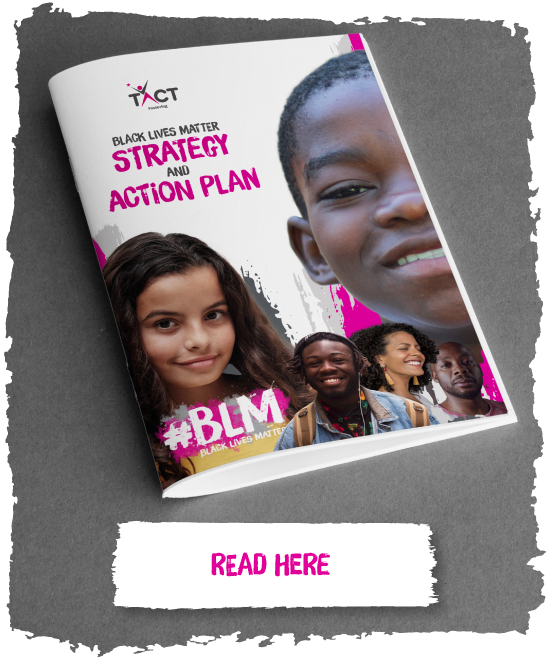
Strategy
We know that there is more we can do at TACT to promote racial diversity and inclusion across our organisation.
TACT commit to:
- Being a safe space for our black staff, foster carers and children
- Making sure our staff and carer groups are reflective of the communities they serve
- Ensuring a safe space for all staff to have conversations about racism and anti-racism
- Having difficult, honest and open conversations
- Involving and listening to our carers, children and young people and reflecting their views, ideas and concerns in all of our services and public statements
- Listening, learning and changing our practice as a result
- Developing bespoke training on racism and anti-racism for all staff and carers and to include staff and carers from all backgrounds in creating this
- Speaking out publicly on issues such as stop and search, institutional racism and discrimination within the care system
We want to ensure that we build on the progress we have made so far. 40% of our Area and Deputy Area Managers are BAME staff but at Senior Leadership level we have no BAME staff. We have a diverse carer cohort, but need to focus and be proactive in some regions to reflect the local population in our carer cohort.
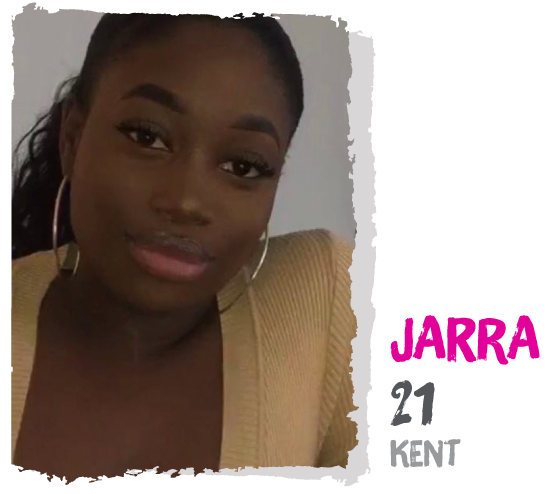
“I feel quite strongly about the black lives matter campaign. I remember when I was at secondary school some of the things that were said to me are now considered racist and anti-black. I was a black person who was part of a white foster family, which other people thought was odd, but we didn’t see the skin colour difference like other people did, we just saw each other as family.
When I was a teenager I wanted to experiment with make-up like my friends, but growing up in a largely white area I used to go into shops and could never find foundation for black girls, like the colour of my skin wasn’t normal. I think blm makes people wake up to the fact that black people do have issues. I hope it definitely brings change and I am already seeing that, for example I got called in at work recently and was asked whether I felt that that my black colleagues and I were being treated and supported appropriately.”
Plan Of Action
We are committed to doing more going forward, and have set out to do the following by September 2021:
- Introduce more explicit anti-racism training into our compliance programme. This will include introducing greater support and training on how to discuss race and promote anti-racism. The conversation about race and racism is wide and far reaching. Learning about it involves a combination of training, listening, reading of books, honest conversations and self-reflection. Training will not be successful if used in isolation, so we need to understand things such as protected categories, unconscious bias, privilege, allyship, what inclusive behaviours are and how we demonstrate them
- Introduce further sessions for all employees to better understand microaggressions, stereotypes, and how to actively be anti-racist
- Give employees and foster carers from different ethnic backgrounds a voice
- Get feedback on the lived experiences in the organisation
- Set an expectation for more open dialogue on race and of anti-racism
- In addition to formal policies and processes, introduce a safe, informal system for those on our programmes and employees to raise any experiences of discriminatory behaviour
- Extend our wellbeing offer to explicitly cover those who have experienced trauma associated with racism
- Continue using events such as Virtual Cafés, Social Work Breaks and training sessions to discuss race and anti-racist practice
- Invest more in attracting Black, Asian and minority ethnic background staff and foster carers. We will do this by advertising all jobs through diverse channels and will use job boards which specialise in attracting diverse candidates
- Use language that is inclusive and use fair and consistent approaches to the recruitment and selection of staff and carers
- Provide mentorship or coaching for Black, Asian and ethnically underrepresented employees who want to progress to more senior positions either within or outside of TACT
- Engage a Board member to sponsor and support the blm working group and any other employee voice groups
Listen:
Little Simz – Introvert

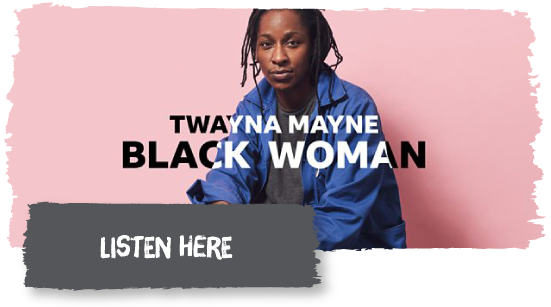
The excellent & talented Twayna Mayne is back with her show Back Woman on BBC Radio 4, Comedian Twayna explores her identity as a black British woman. Along with stand-up in front of a live audience, she chats to other women about their shared experiences.
Watch:
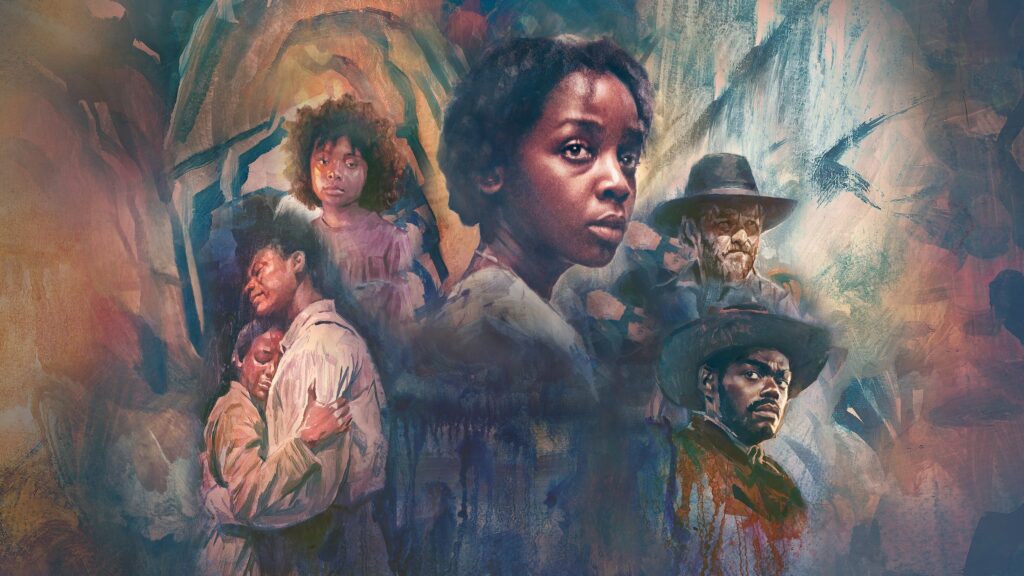
The Underground Railroad – Amazon Prime
A fictional story of people attempting an escape from slavery in the Southern United States in the 1800s, utilising a key plot element employing the literary style of magic realism. In reality, ‘The Underground Railroad’ was a network of abolitionists, hidden routes, and safe houses that helped enslaved African-Americans escape to freedom in the early to mid-1800s. In the novel and the series, it is an actual railroad complete with engineers, conductors, tracks, and tunnels. Cora, a slave in Georgia, joins newcomer Caesar to ride the subterranean train to freedom.
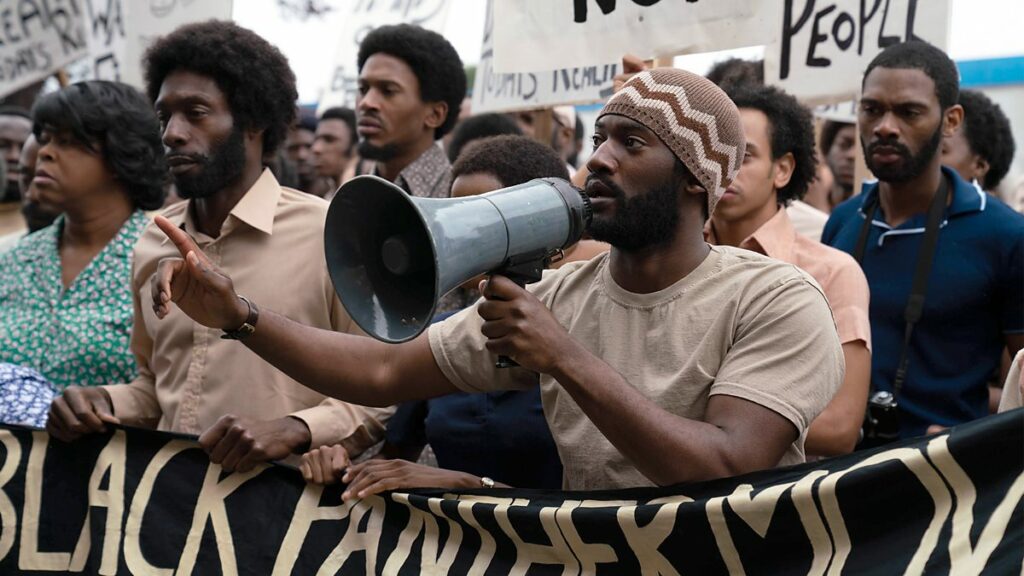
The true story of the Mangrove restaurant, a lively community hub in London’s Notting Hill that was the subject of relentless police raids during the 1970s and a consequent trial.
Read:
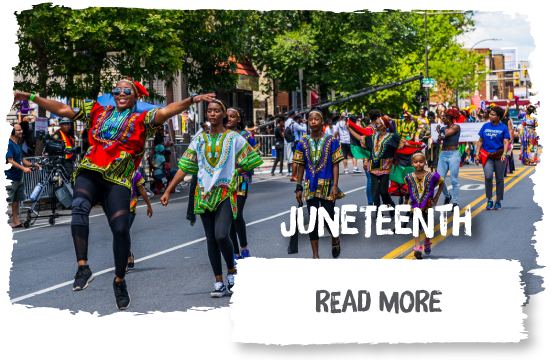
Juneteenth, also called Emancipation Day or Juneteenth Independence Day, holiday commemorating the end of slavery in the United States, observed annually on June 19.




